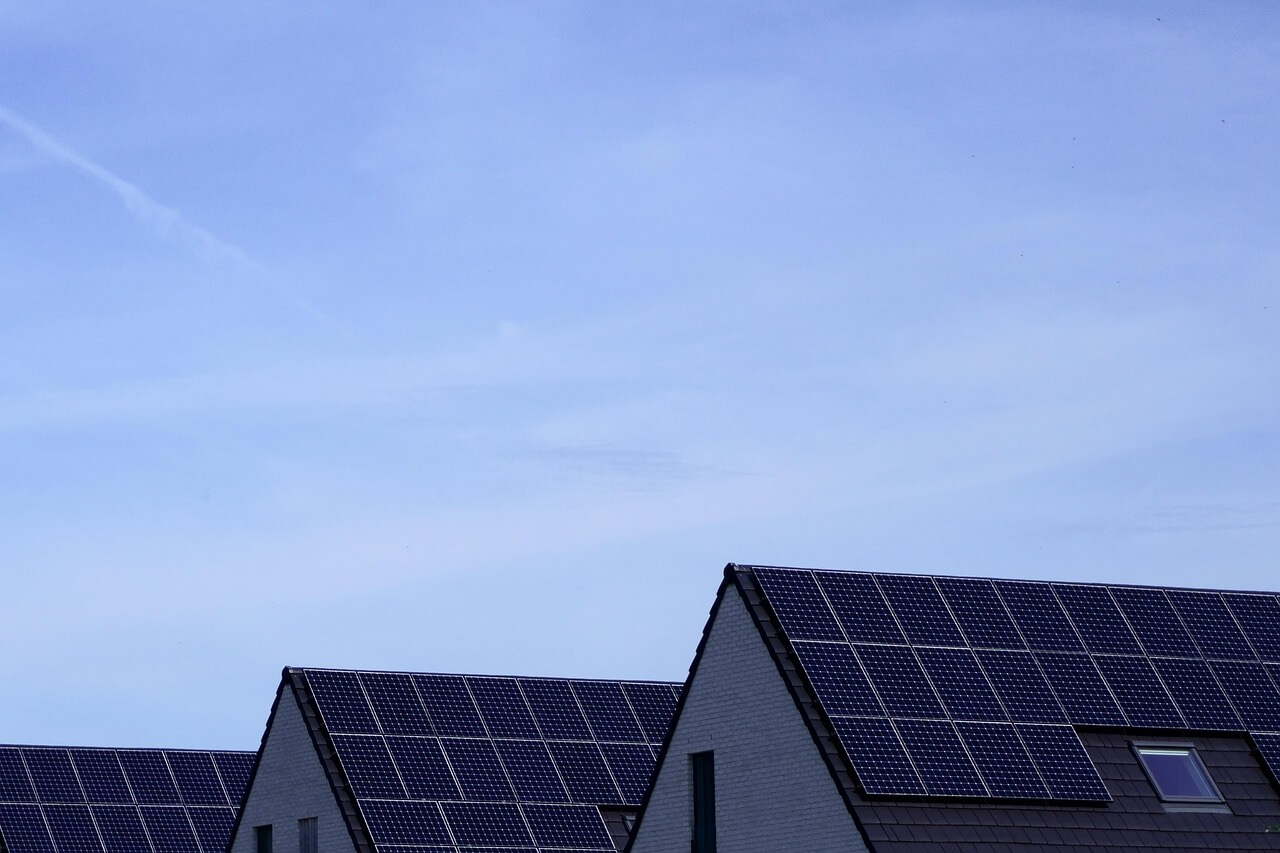As a top-tier enterprise in multiple segments of the PV industry, Tongwei Co., Ltd. (600438.SH) has its performance under scrutiny. However, regarding the recent market rumors about the polysilicon industry planning mergers and acquisitions, the company's management did not respond during today's earnings conference. Nonetheless, Board Secretary Yan Ke also noted that such market speculations reflect the high level of attention given to the current issues faced by the PV industry, with industry participants actively contemplating and discussing various solutions and ideas.
In response to investor questions, he stated that no industry can sustain itself for long when prices are consistently below the cost levels of all participants. He believes that with the efforts of all parties, the industry will soon emerge from its temporary difficulties.
At the bottom of the PV cycle, investors are particularly concerned about measures to address financial risks. By the end of Q1 2025, Tongwei's asset-liability ratio exceeded 70%. The company's management explained at the meeting that the main influencing factors include both the passive reasons of the company's performance being under pressure due to the industry's short-term operational pressures, and the proactive reason of significantly increasing cash to navigate the cycle steadily and further enhance business competitiveness.
Moreover, the company's asset-liability ratio is also affected by structured financial instruments such as bill pool operations and convertible bond holdings. If these factors are excluded, the company's asset-liability ratio remains within a safe threshold and currently does not impact the company's finances or operations.
According to the company, it currently holds approximately 40 billion yuan in cash and trading financial assets, which can be flexibly utilized to effectively meet the company's capital turnover needs, with sufficient preparation for debt repayment.
The company's management further stated that, given the current cyclical low in the PV industry, the company will prudently evaluate projects that have not yet commenced construction, control the pace of construction, strictly manage capital expenditures, and effectively manage financial risks to ensure liquidity security.
Regarding the H2 market outlook, Tongwei's Deputy Chairman Yan Hu believes that ground-mounted power stations will become a significant addition to domestic PV installations. In response to investor questions, he mentioned that although the end of the full-grid-connection era for distributed PV may temporarily impact domestic distributed demand, and there is uncertainty in European and US markets due to trade barriers, the acceleration of large-scale base construction in China's desert, Gobi, and barren areas will provide an effective foundation for new domestic demand this year.
Additionally, emerging markets in the Middle East and Latin America have become new growth poles overseas, driving continuous growth in overseas demand. For the whole year, global PV installation demand is expected to maintain steady growth.
When discussing the current state of the PV industry, Yan Hu believes that after years of ultra-high-speed development, the PV industry is currently facing a temporary supply-demand imbalance. Specifically, on the demand side, the growth rate of PV terminal installations remains high. Global new PV installations reached approximately 530 GW in 2024, up 35.9% YoY. From January to March 2025, China's new PV installations approached 60 GW, up 30.5% YoY.
However, on the supply side, driven by years of high growth, the industry is currently experiencing significant temporary and structural capacity surpluses. Prices across the industry chain have plummeted and remained consistently below industry costs. Rationally speaking, no industry can sustain itself in the long term when prices consistently fall below costs. The PV industry will inevitably enter a phase of capacity exit the market, during which outdated capacity will be gradually phased out, while superior capacity will weather the cycle, and supply and demand will once again reach equilibrium.

![[SMM PV News] Armenia Hits 1.1 GW Solar Capacity,](https://imgqn.smm.cn/usercenter/qQwIB20251217171741.jpg)
![Spot Market and Domestic Inventory Brief Review (February 5, 2026) [SMM Silver Market Weekly Review]](https://imgqn.smm.cn/usercenter/tSwaX20251217171735.jpg)
